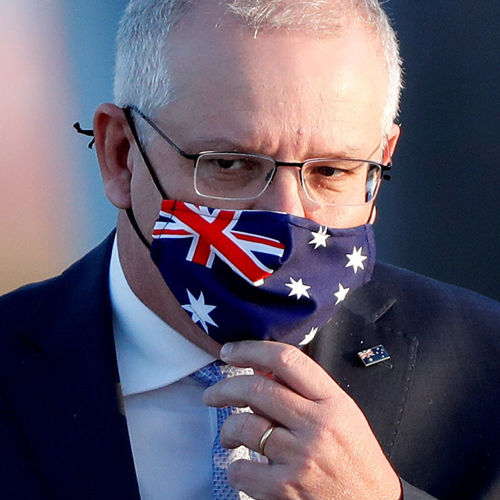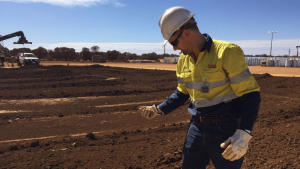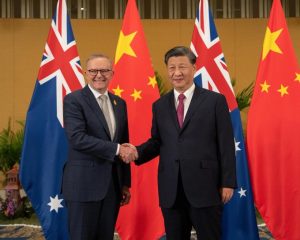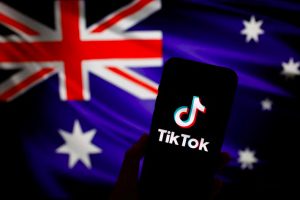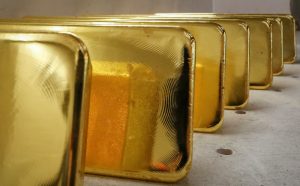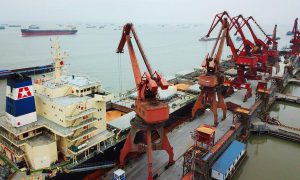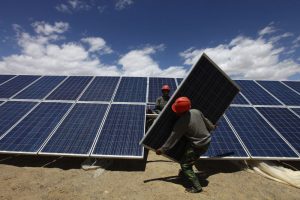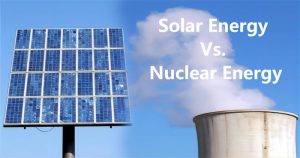Scott Morrison hits out at ‘coercion’ by Beijing as leaders of G7 rich nations prepare to meet in Cornwall, England.
The G7 group of rich nations must overhaul global trade rules to stop other countries using economic coercion, Australian Prime Minister Scott Morrison said on Wednesday in a thinly veiled reference to China.
The Australian leader spoke ahead of a meeting of the group’s leaders in Britain.
China and Australia are in the grip of an angry trade confrontation with Beijing halting imports of key goods from coal and barley to wine, and more. Morrison told the Perth USAsia Centre that the global rules-based order is “under serious strain”.
Recent changes on taxes charged for steel imports and exports in China signalled that Beijing is ramping up efforts to reduce its reliance on Australia.
“The most practical way to address economic coercion is the restoration of the global trading body’s binding dispute settlement system,” he said. “Where there are no consequences for coercive behaviour, there is little incentive for restraint.”
Many in Canberra believe the Chinese measures are punishment for pushing back against Beijing’s influence in Australia, rejecting Chinese investment in sensitive areas and calling for an investigation into the origins of the coronavirus pandemic.
MODERNISING WTO
Australia has been invited as a guest nation to participate in the “G7 Plus” talks in Cornwall and Morrison said he plans to use the event as an opportunity to work with leading nations to “modernise” the World Trade Organization rulebook.
Australia has launched WTO action over Chinese tariffs on barley imports, but the case could take years to resolve.
Iron ore imports remain unaffected despite the worsening political tension between the two countries since 2020, when Beijing reportedly put an unofficial ban on coal and copper imports from Australia.
On May 1, a series of changes on tax rates of steel imports and exports took effect in China that will help the Chinese steel industry reduce its reliance on iron ore imports, 80% of which comes from Australia.
With reporting by Agence France-Presse
ALSO SEE:
Chinese investment in Australia plunges as relations sour
Australia to compete with China on rare earths




